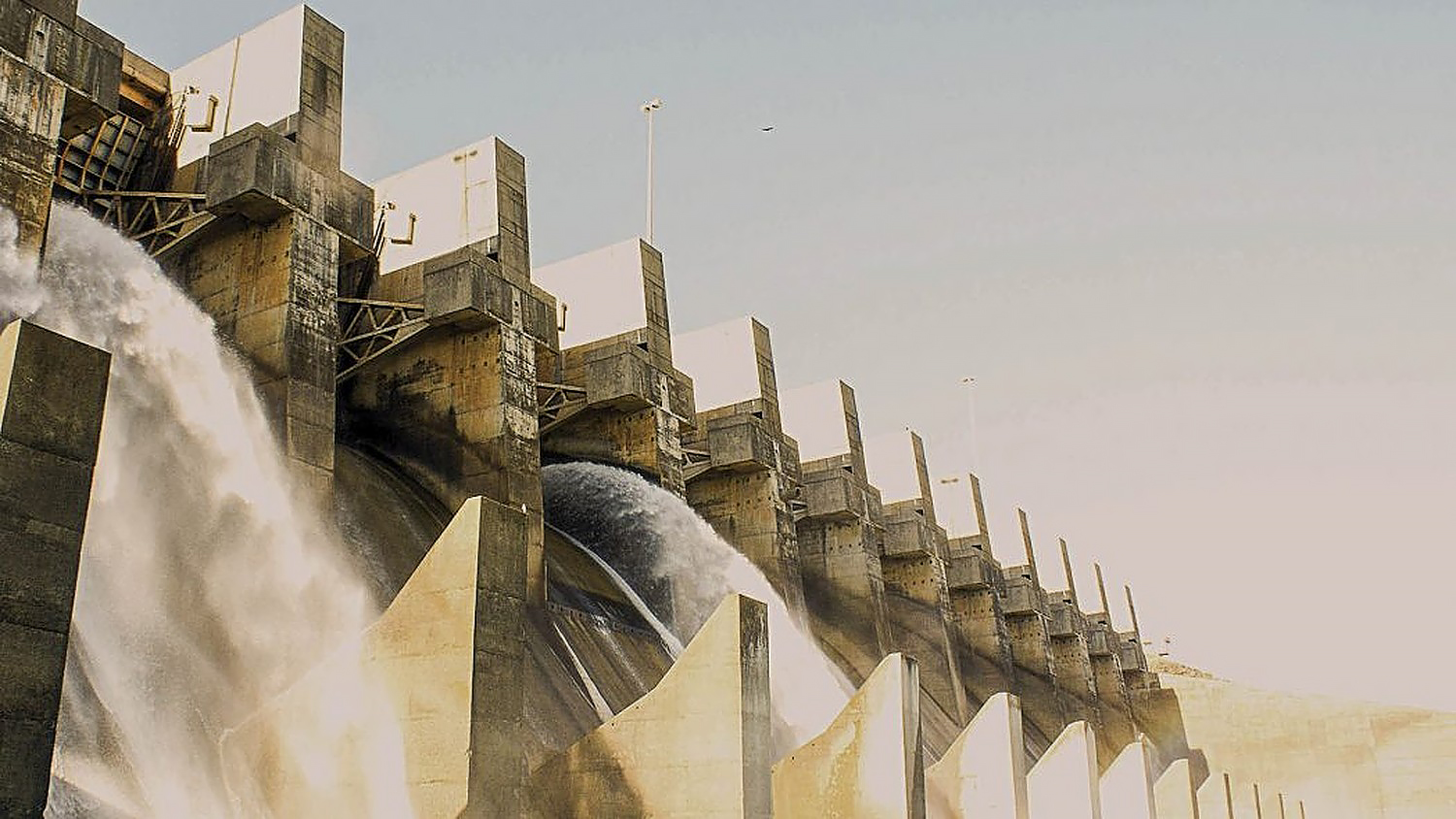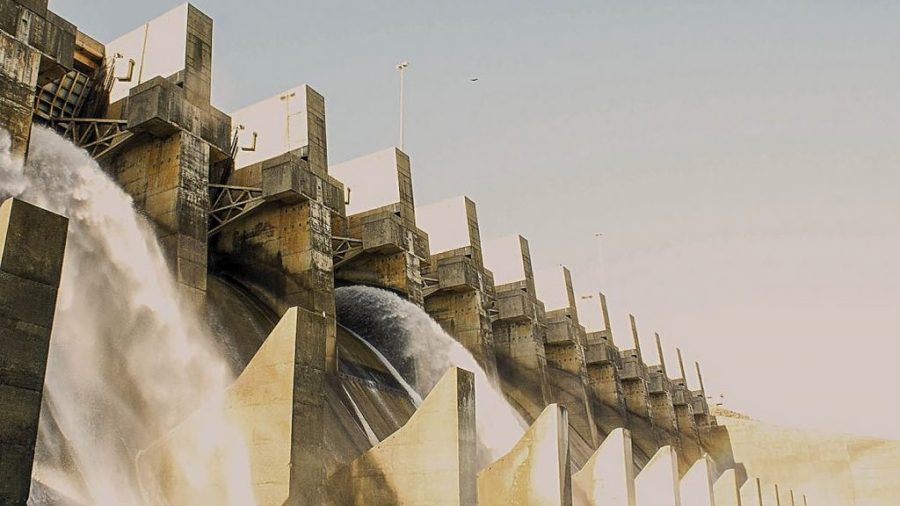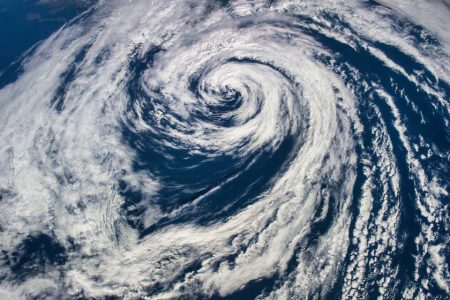China Three Gorges Brasil (CTG Brasil) is investing US$573 million in upgrading its hydroelectric power plants at Ilha Solteira and Jupiá, in São Paulo and Mato Grosso do Sul states.
CTG Brasil’s vice-president of finance and investor relations, Carlos Carvalho, told digital business intelligence site BNamericas that the investment will be made through the group’s Rio Paraná Energia subsidiary.
In June, the company concluded the issue of 845 million reais (US$167 million) in local bonds, of which 650 million reais will be invested in the second stage of the upgrade, whose total budget is 3 billion reais (US$573 million).
Rio Paraná Energia was created when CTG Brasil won the auction of the concessions for the Ilha Solteira and Jupiá hydroelectric plants in 2015, which have a total installed capacity of 4,995MW.
“The upgrade project is the largest of its kind underway in the country and reinforces our long-term commitment to Brazil,” Carvalho said.
The upgrade will include the modernisation of eight generating units – four in each plant – and their auxiliary electrical and mechanical systems, plus the implementation of a new generation operation centre.
According to Carvalho, CTG is now working on research to analyse real conditions for PV solar power generation in the country, “which should attract new investments from industries seeking clean, reliable, and low-cost energy.”
“We launched in Brazil in 2013 and we are already the second-largest private energy generator in the country, with investments in 17 hydroelectric plants and 11 wind farms, with a total installed capacity of 8.3GW,” Carvalho added.
“Our investments are long-term. We believe in Brazil’s potential for the development and operation of large-scale clean and renewable energy generation projects, which is CTG’s core business. Therefore, we maintain our growth plan and keep looking for market opportunities, always focused on clean and renewable energy generation, such as hydro, wind and solar.”
CTG says it has now completely neutralised the direct CO2 emissions related to the company’s operations in 2019, through forest conservation activities in an area of 220,000 hectares in Amapá, which will prevent the emission of about 3.5Mt of carbon into the atmosphere in 30 years.






